Table of contents article:
What distinguishes cancer from cirrhosis – this question is asked by many. In modern society there are many dangerous diseases, fatal. One such is the cancer of education. To cure cancer is almost impossible, especially if you are diagnosed him on the last level. Many people are convinced, cirrhosis and cancer are one and the same. But in fact,, despite similar symptoms, pathology have different origins and course of the disease. Although the results of both diagnoses usually becomes death.
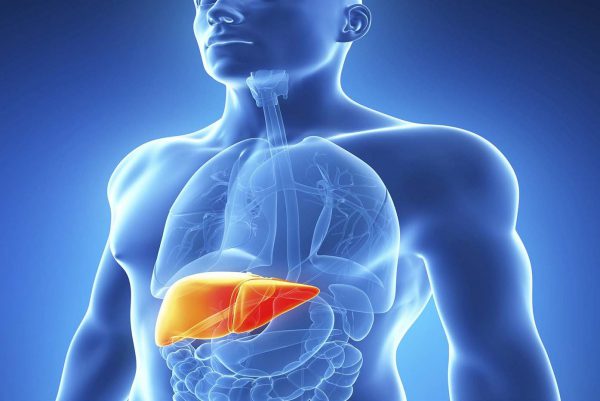
It's time to deal with cirrhosis of the liver is cancer or not, what are the differences between them, and most importantly the specificity of ailments.
Vital liver
The liver is a unique filter on, required for normal life support of the person. To survive without it, people simply can not, because the body is the important process. Even high technology is not allowed to create an artificial substitute, what can be said about the heart or kidney. The reason is the unique surface structure not allowing you to come up with a quality substitute.
At occurrence of failure on, instantly unfortunate to feel unwell. But if it will cease to function, the body will die. The only chance to save the situation becomes an organ transplant, but finding a suitable donor can be difficult. In addition alien the liver can occur rejection.
Today there are a lot of sad diagnoses provoking the deterioration of the body. He simply ceases to cope with their responsibilities. The most terrible is cirrhosis, turning into cancer. After all, to cure them it is impossible.
Some individuals believe, cirrhosis is cancer, however, the strength of the flow that have. So, if cirrhosis is possible to stop at an early stage, you can seriously extend the life of the patient. But with cancer it is much more difficult, the disease progresses rapidly, causing death after a couple of years. In order to spotted trouble, you need to know, what is the cirrhosis of liver cancer.
Cirrhosis of the liver: what is
Occurs on the background of active destruction of the liver cells. The organ gradually dies, ceases to fully function. Such failures provoke the appearance of opportunistic diseases:
- internal bleeding;
- hemorrhoids;
- renal failure;
- varicose veins.
These diseases can exist for several years. To give an exact life expectancy, difficult. A lot depends on the current disease, the individual characteristics of the patient, compliance with physician orders, the rejection of bad habits.
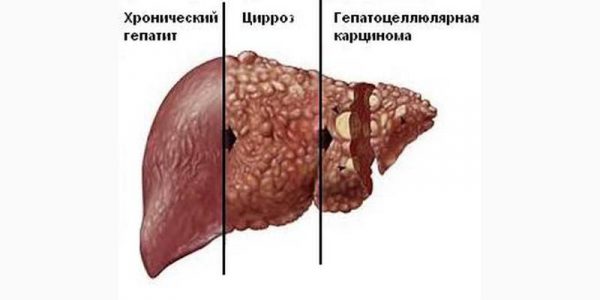
The stronger the health of the patient, the higher the probability of cure. There is always a chance to recover and to return to the old way of life. In the presence of comorbidities, the risk is reduced for a speedy recovery:
- diseases of the gastrointestinal tract;
- diabetes;
- kidney disease.
But do not think, what cirrhosis is cancer. Chance to cure for a given ailment, there is.
Causes of disease
Doctors distinguish the following factors, provoking the aggravation of diagnosis:
- the presence of diseases of the bile and hepatic ducts;
- long-term use of drugs;
- hepatitis;
- alcoholism;
- the presence of fatty hepatosis;
- autoimmune hepatitis.
It is important to diagnose the disease at an early stage of the disease. The only way possible to save the patient's life. Otherwise, after a few years due to mass disease of the liver cells occur death.
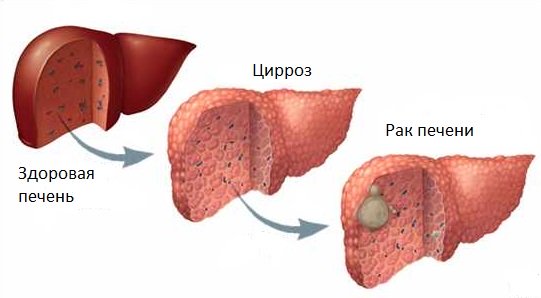
The difference of liver cirrhosis of liver cancer cannot be described as significant, after all, both diagnosed with an incurable. Even modern technology does not allow to eliminate the infestation, possible, only slow down its, extending the life of the unfortunate.
Especially affects the chance of recovery the following factors:
- old age;
- advanced stage of the disease;
- excessively weakened body;
- the presence of serious concomitant diseases.
To arrest the disease and improve the patient's condition, you must take special hepatoprotective and diuretic drugs. It is also necessary to observe strictly a food diet, to abandon bad habits.
Liver cancer
Experts distinguish two varieties of the disease:
- Primary. Based on the development of education on top of the filter body.
- Secondary. Tumor penetrates to the liver through other bodies, struck by plague. Such pathology was far more common.
Regardless of the type of the outcome of the disease – death.
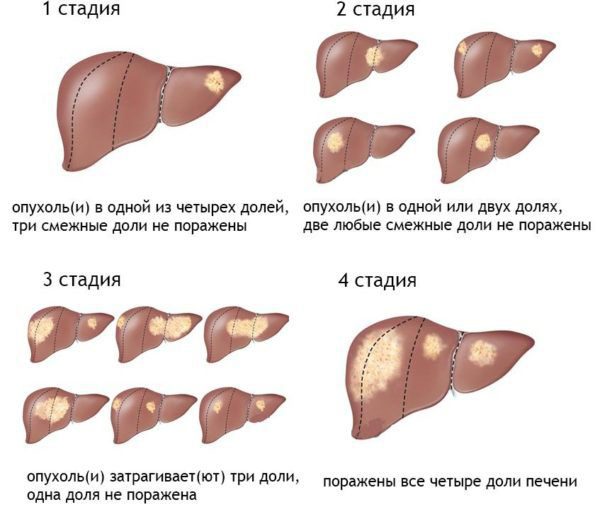
The causes of education are the following factors:
- cirrhosis of the liver;
- problem of the gastrointestinal tract;
- development of parasitic infections;
- disruption in the cardiovascular system;
- running hepatitis.
Many wonder, what distinguishes cancer from cirrhosis. However, significant differences do not exist. Both diseases occur on the background of similar symptoms and usually difficult to diagnose in the early stages. Soon the first symptoms appear:
- the increase in size of the liver;
- the emergence of heterogeneous structures;
- appear anomalies in cellular tissue;
- painful sensation while feeling on.
These symptoms can develop into more serious. Opens internal bleeding or ascites occurs.
At the first disturbing symptoms it is necessary to take a blood test. If the result is positive the doctor will prescribe further treatment. However, it is understood, a chance to recover too minimal. Often even transplantation does not bring the desired results. According to statistics, life expectancy after diagnosis of the disease does not exceed 2 years, although there are exceptions, when patients lived more 5-6 years.
Minimal chance of recovery is the main factor that, what distinguishes cancer from cirrhosis. In the first case, the probability of a longer maintain life can only be saved if the diagnosis of the disease at an early stage and timely removal of the source of inflammation.
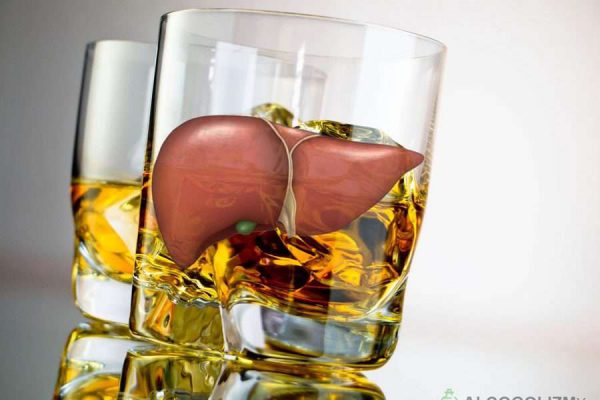
What distinguishes cancer from cirrhosis
To identify pronounced differences difficult. After all, between these two pathologies a huge amount of similarity. Starting from the reasons for forming the ailment, ending with the outcome. Symptoms of fatal diagnoses are also similar, and to identify the disease in the early stages of emergence is almost impossible. So to self-medicate is not. At the first sign of symptoms you should seek professional help, who will appoint the necessary tests. Only, based on their result, you can draw the appropriate conclusions.










